Mohanna: From Relief to Liberation… We Are a Social Movement Resisting Marginalization and Creating Change
As part of the 66th edition of the Beirut Arab International Book Fair, organized by the Arab Cultural Club at the Seaside Arena Center, Dr. Kamel Mohanna, President of Amel Association International, delivered a lecture titled: “The Role of Amel Association as a Social Change Movement Amid Current Developments.” The event was attended by a large audience of writers, intellectuals, and social activists, along with the team of Amel Association International.
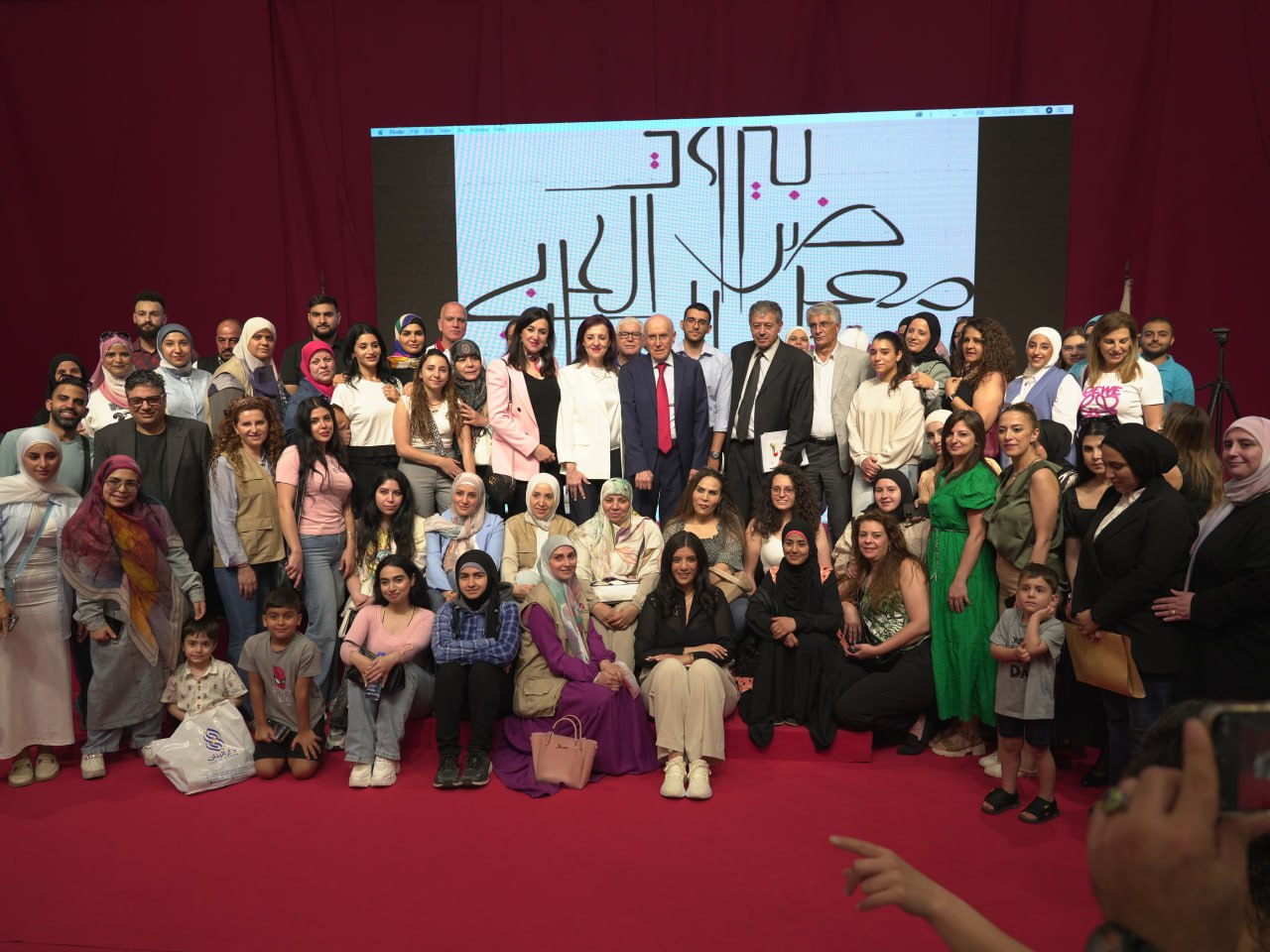 Writer Suleiman Bakhti introduced the lecture, describing Amel as “a progressive humanitarian model that combines humanitarian action with a liberatory vision.” He added that Dr. Mohanna “has always been a leader working to liberate the human being from within, giving social action a transformative dimension beyond media showmanship or political loyalty.”
Writer Suleiman Bakhti introduced the lecture, describing Amel as “a progressive humanitarian model that combines humanitarian action with a liberatory vision.” He added that Dr. Mohanna “has always been a leader working to liberate the human being from within, giving social action a transformative dimension beyond media showmanship or political loyalty.”
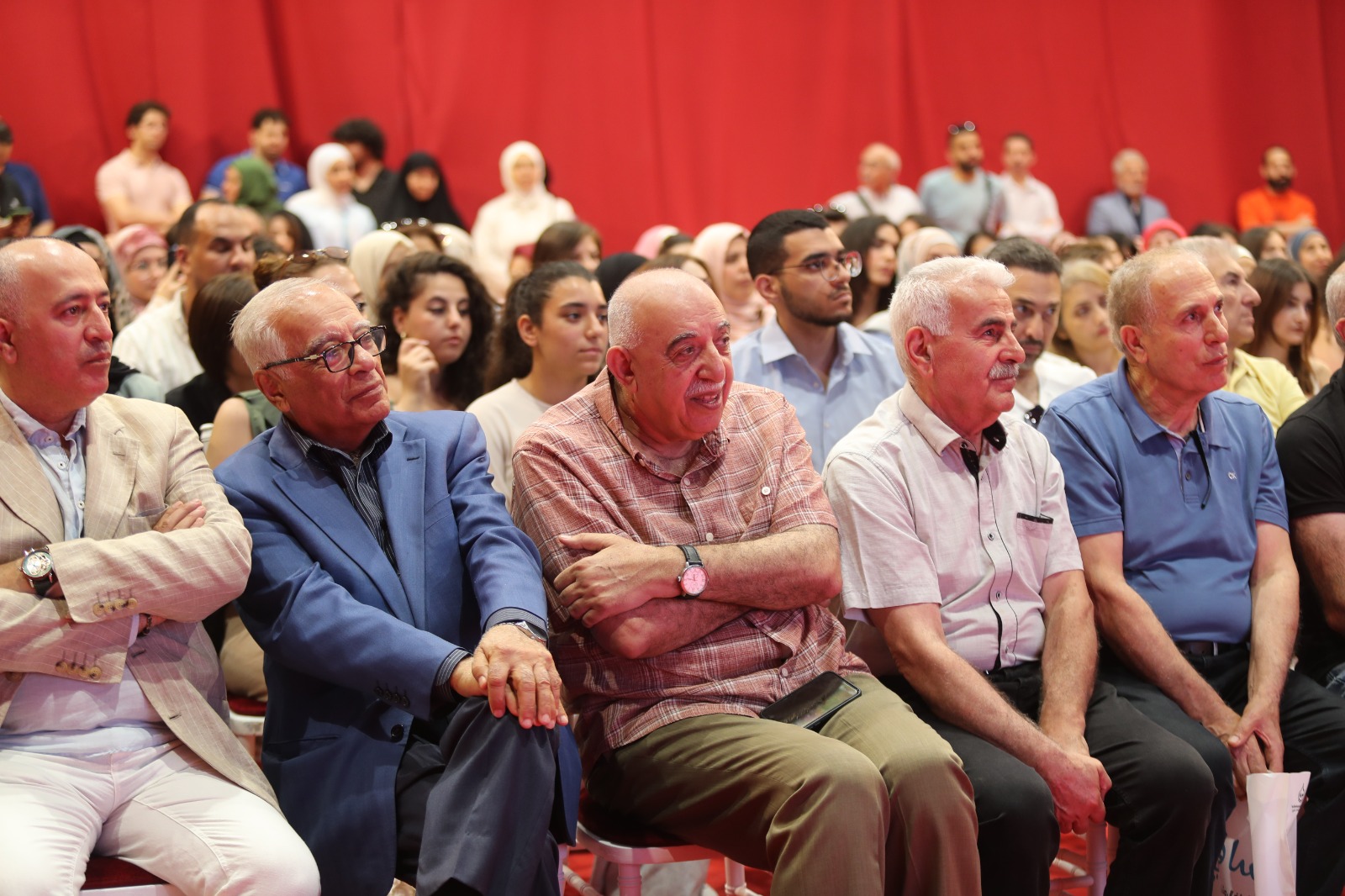 At the beginning of his speech, Dr. Mohanna highlighted the erosion of the concept of justice globally, in light of the ongoing genocide in Gaza and Israel’s continued attacks on Lebanon and Syria. He emphasized that opposing colonialism and Israel’s expansionist and racist practices is central to humanitarian work, as a belief in justice demands respect for international law and rejection of double standards—so that people in the Global South may have value and dignity. This, he explained, underscores the importance of humanitarian liberation movements like Amel.
At the beginning of his speech, Dr. Mohanna highlighted the erosion of the concept of justice globally, in light of the ongoing genocide in Gaza and Israel’s continued attacks on Lebanon and Syria. He emphasized that opposing colonialism and Israel’s expansionist and racist practices is central to humanitarian work, as a belief in justice demands respect for international law and rejection of double standards—so that people in the Global South may have value and dignity. This, he explained, underscores the importance of humanitarian liberation movements like Amel.
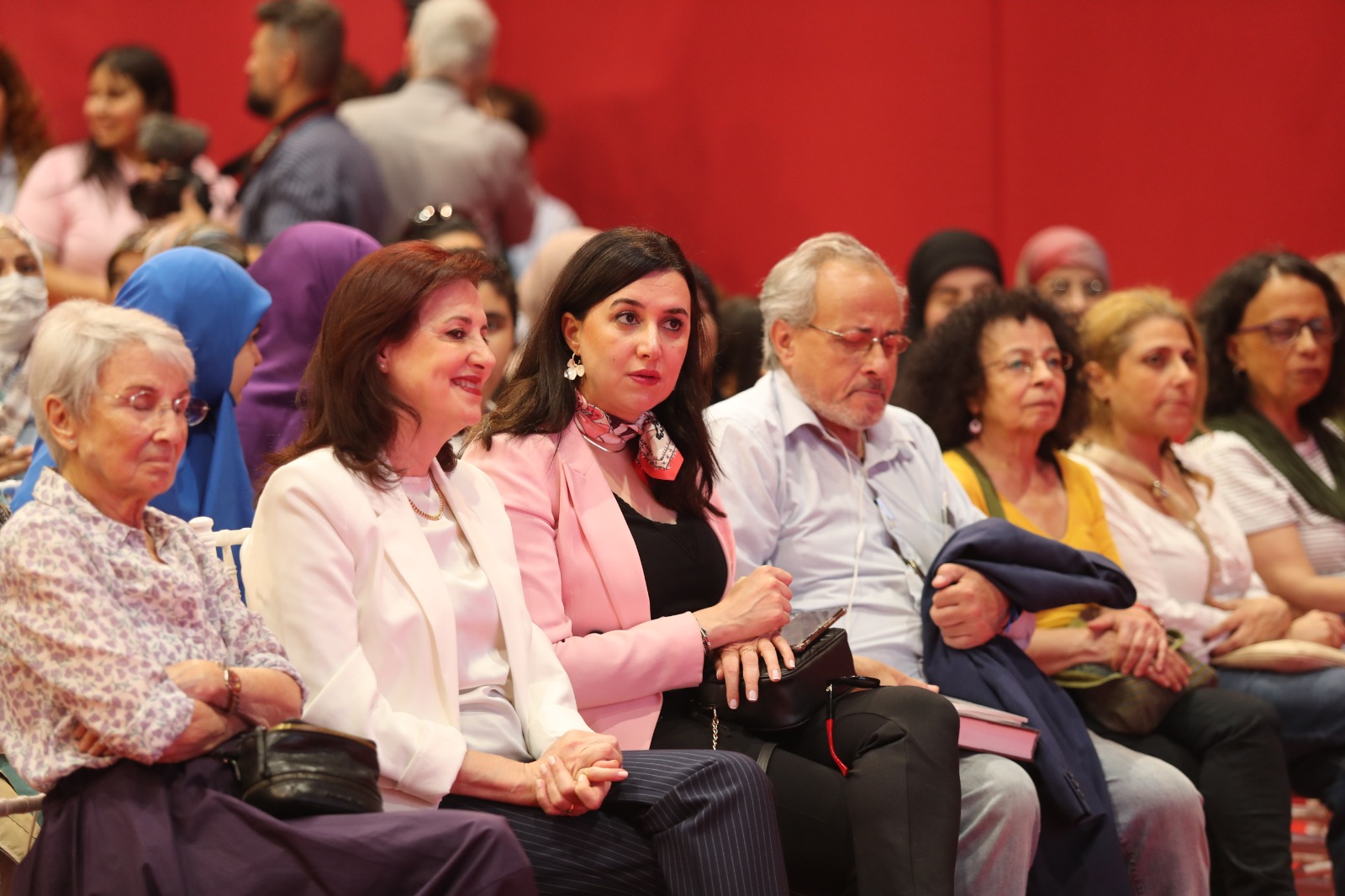 On the occasion of Resistance and Liberation Day, Dr. Mohanna extended his respect and pride to the resilient people of southern Lebanon, who, despite ongoing challenges, continue to live in villages and homes left in ruins by aggression. They stand firm against repeated Israeli assaults. He called for the activation of an effective national reconstruction plan and support for these communities in their steadfastness, contributing to the restoration of full Lebanese sovereignty.
On the occasion of Resistance and Liberation Day, Dr. Mohanna extended his respect and pride to the resilient people of southern Lebanon, who, despite ongoing challenges, continue to live in villages and homes left in ruins by aggression. They stand firm against repeated Israeli assaults. He called for the activation of an effective national reconstruction plan and support for these communities in their steadfastness, contributing to the restoration of full Lebanese sovereignty.
He stated:
“During the war, over 60% of our team was displaced, and 14 of our centers were damaged, including the Khiam center, which suffered extensive destruction. Yet we did not stop. We fulfilled our humanitarian duty and rose again. Today, the Khiam center is being restored to welcome people once more. This is how the South is—like a phoenix, it rises from the rubble every time. From it, we learn resilience, perseverance, and how to confront all forms of injustice.”
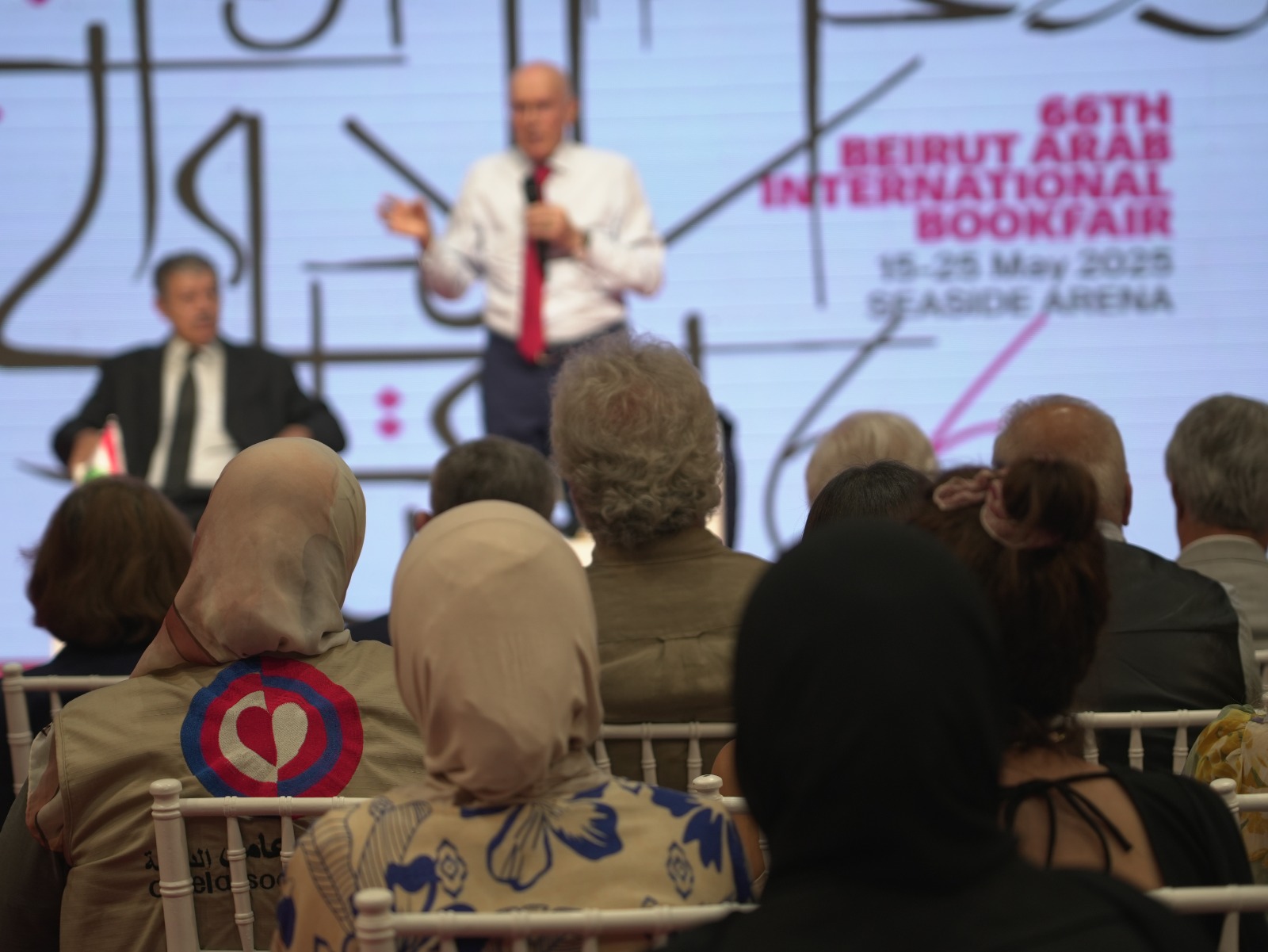 Dr. Mohanna then reviewed the experience of Amel Association International, which was established during the Israeli invasion of Lebanon in 1978. He stressed that Amel was never a traditional NGO, but a liberationist social movement aiming to reshape the relationship between the state and society, and between the citizen and their rights, through the development of integrated programs based on justice, equality, and citizenship.
Dr. Mohanna then reviewed the experience of Amel Association International, which was established during the Israeli invasion of Lebanon in 1978. He stressed that Amel was never a traditional NGO, but a liberationist social movement aiming to reshape the relationship between the state and society, and between the citizen and their rights, through the development of integrated programs based on justice, equality, and citizenship.
He stated that “Amel,” today, according to contemporary sociological theories, is a practical embodiment of the “new social movements” theory. The organization not only delivers services but also empowers marginalized groups, mobilizes collective awareness, and creates alternative spaces that serve as seeds for profound social and cultural transformation. Dr. Mohanna explained that the association adopts a methodology of gradual transformation through programs in health, education, women’s empowerment, and child protection, implemented via 40 centers across various Lebanese regions, led by 2,300 staff and volunteers. He also pointed out that Amel places its faith in youth and women as the vanguard of change, noting that 85% of Amel’s team are young women in leadership roles.
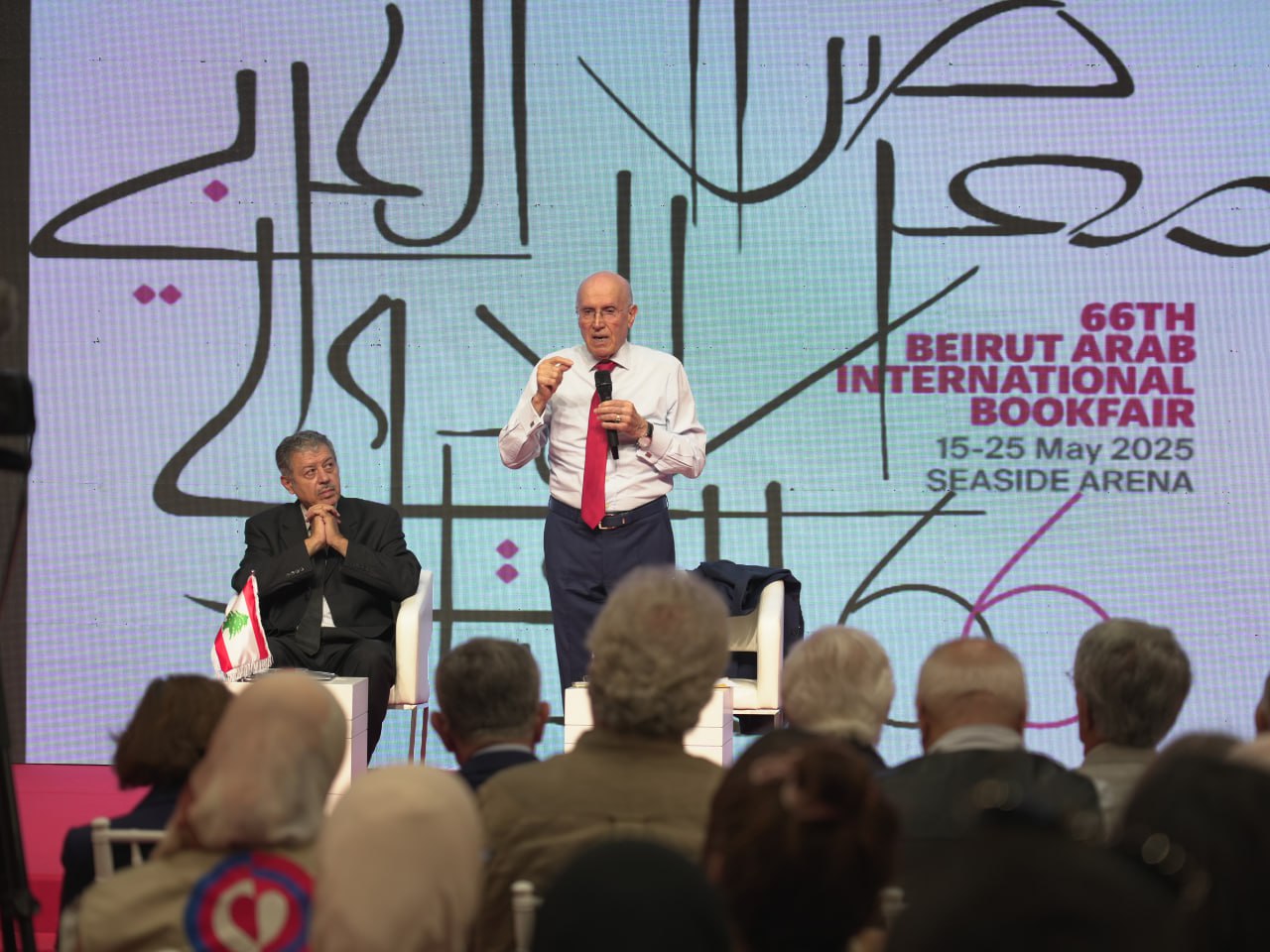 He also discussed the idea that Amel represents a living model of the “resource mobilization” theory, turning every center or activity into a hub of social mobilization, grounded in the belief that people should not be passive recipients of aid but active partners in shaping their destiny and community. He indicated that the organization’s purpose is to build an alternative culture of citizenship, based on what philosopher Alain Touraine described as a new social contract—one that restores the individual’s role as a collective actor and challenges sectarianism and political fragmentation through everyday practices that lay the groundwork for a democratic, free, and united society.
He also discussed the idea that Amel represents a living model of the “resource mobilization” theory, turning every center or activity into a hub of social mobilization, grounded in the belief that people should not be passive recipients of aid but active partners in shaping their destiny and community. He indicated that the organization’s purpose is to build an alternative culture of citizenship, based on what philosopher Alain Touraine described as a new social contract—one that restores the individual’s role as a collective actor and challenges sectarianism and political fragmentation through everyday practices that lay the groundwork for a democratic, free, and united society.
Dr. Mohanna concluded by affirming that Amel is not just a humanitarian organization but a transformative social movement that believes upliftment is not merely service improvement, but a collective act of liberation from misery, marginalization, and dependency.
“We are not a political party, but we practice politics in its broad sense: defending human dignity, rejecting domination and injustice, and continuously striving to build a society worthy of people’s dreams.”

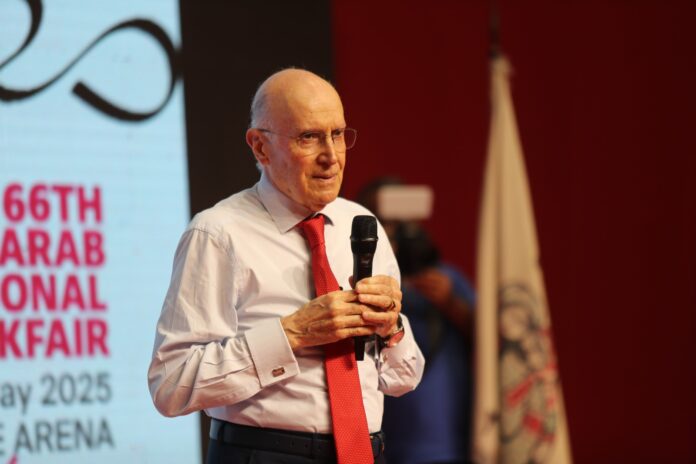
 Creative Commons Attribution 4.0 International license
Creative Commons Attribution 4.0 International license